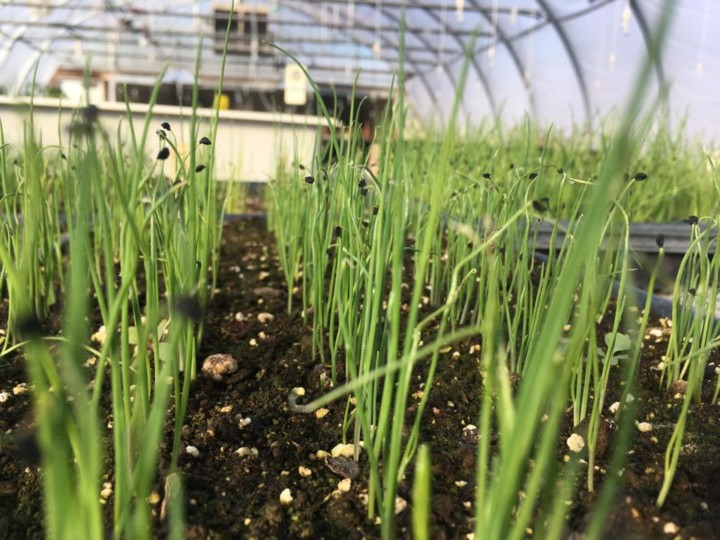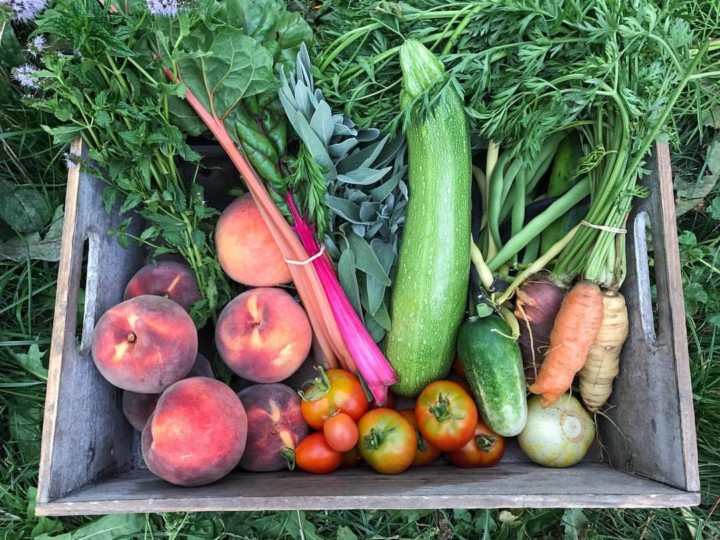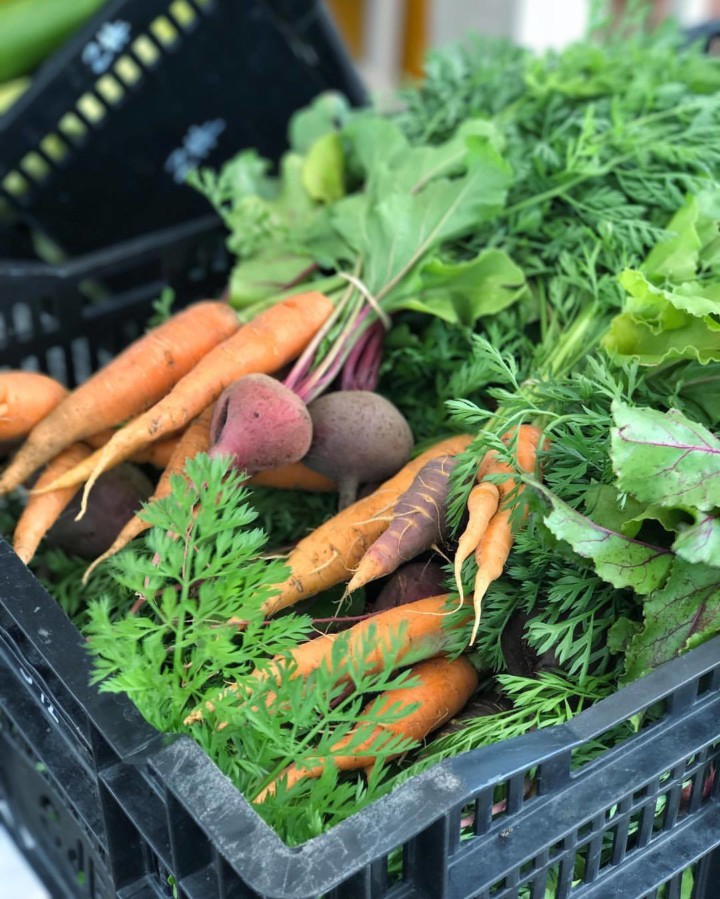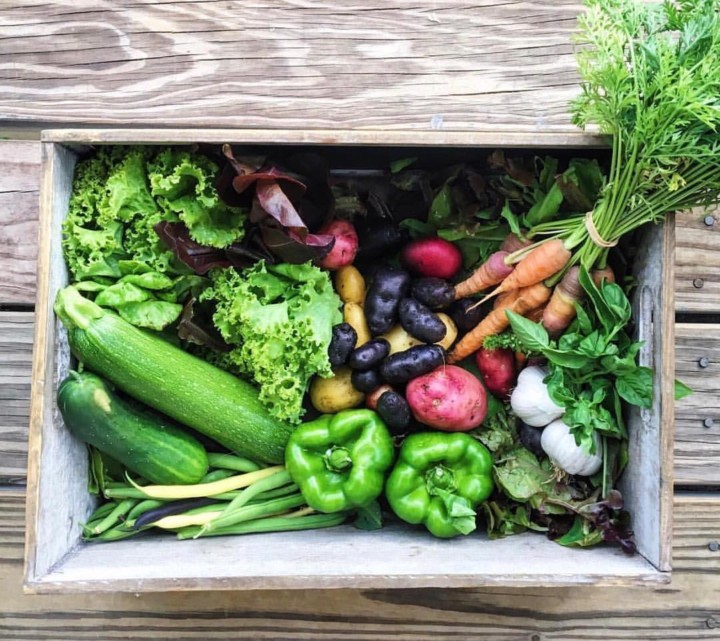It was a cool, late-summer evening. TEDxMileHigh partnered up with Sprout City Farms at the Denver Green School Community Farm to teach our community how to be self-sustaining by strengthening our own local food system!
Meg Caley, co-founder and executive director of Sprout City Farms, and Sasha Breger of UC Denver, met up with us at the Denver Green School Community Farm for a tour of the grounds and to discuss ways our towns can become self-reliant for food, and in turn, eat more nutritiously and build community in the process
What do Sprout City Farms do exactly? Well, per their website, they have five core initiatives.
- Feed People: ensuring that the communities surrounding the farms are healthy and well nourished. Sprout City Farms offer various programs to help community members get the fresh, nutritious food they need.
- Community Education: encouraging people to learn about their food, including how to grow, harvest and cook it.
- Youth Programs: Using farms as classrooms, students learn hands-on about growing, harvesting and cooking food; caring for the environment; and working collaboratively with their peers and greater community.
- Community Farms: developing urban farms in partnership with institutional facilities that provide community services and feed people. The farms serve both to supply the food service program and to help the host organization to meet its program goals.
- Thought Leadership: Providing thought leadership in the ever shifting landscape of Denver’s urban agriculture movement, while empowering communities to make decision that impact the way they eat.
The one-acre farm we visited at the Denver Green School produces upwards of 10,000 pounds of food each year. And yes, the food is used exclusively in the neighboring community! The Denver Green School has the first ever farm-to-cafeteria program where they use the fresh produce in their daily school lunches. What they do not use in school lunches, the students from the Denver Green School run a weekly farm stand to sell the extra goods. Families of the school and farm volunteers also receive food from the farm.
So what did we learn?
We learned the importance of relying on our own communities for food instead of trusting big corporations to provide us with our basic nutritional needs.
Most food (especially pre-packaged) from the grocery store is packed with fillers, preservatives, and other mystery substances that we do not take into account as often as we should. Also, we do not pay attention to where our food is coming from! Sure, it is nice to be able to eat strawberries in February in Colorado, but they’ve travelled thousands of miles to get to your plate. There is significant environmental impact for those pieces of fruit! When we eat more locally grown food, we are, in small ways, helping protect the environment as well as having a better understanding of what we are putting into our bodies to fuel us through our day.
Fun Fact: Mint, sage and parsley are excellent, natural alternatives to Tums.
Moral of the story: Eat locally grown food and support urban farms! Members of your community will be directly affected by this positive change and you will gain access to the freshest, in-season foods Denver has to offer!
Finally, from Meg Caley and Sasha Breger, here are some resources for more information!
Book List:
Fast Food Nation by Eric Schlosser
Stuffed and Starved by Raj Patel
Hungry for Change by Haroon Akram-Lodhi
The Omnivore’s Dilemma by Michael Pollan
Informative documentaries:



















